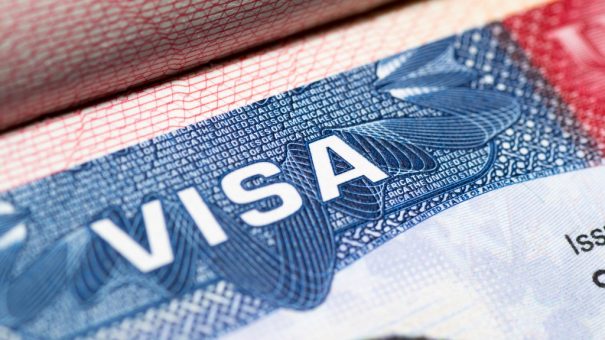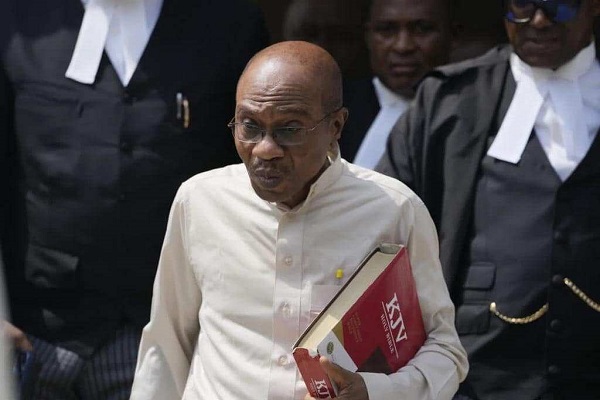In a sweeping policy shift that could impact thousands of African travelers, the United States Department of State has announced a drastic update to its non-immigrant visa rules, reducing visa validity for Nigerians and citizens of 30 other African nations to just three months with single-entry permission.
The U.S. Embassy in Abuja confirmed the change in a statement released on Tuesday, noting that the policy takes immediate effect. This means most applicants for non-immigrant and non-diplomatic visas—such as for tourism, business, or short-term study—will be granted a one-time entry visa valid for 90 days only.
“Most non-immigrant and non-diplomatic visas issued to citizens of Nigeria will be single-entry visas with a three-month validity period,” the statement said.
However, the embassy clarified that visas already issued before July 8, 2025, will remain valid until their stated expiration date.
The decision has raised concerns among potential travelers and policy analysts, especially given the growing tension between African nations and Western immigration policies amid global migration reforms.
This new policy affects nationals of the following 31 African countries:
-
Angola
-
Benin
-
Burkina Faso
-
Burundi
-
Cabo Verde
-
Cameroon
-
Chad
-
Congo Brazzaville
-
Democratic Republic of the Congo
-
Côte d’Ivoire
-
Equatorial Guinea
-
Eritrea
-
Ethiopia
-
Gambia
-
Ghana
-
Libya
-
Madagascar
-
Malawi
-
Mozambique
-
Niger
-
Nigeria
-
São Tomé and Príncipe
-
Sierra Leone
-
Somalia
-
South Sudan
-
Sudan
-
Tanzania
-
Togo
-
Uganda
-
Zambia
-
Zimbabwe
While the U.S. government has not issued a detailed justification for the revision, immigration experts believe it could be tied to reciprocity concerns, visa overstays, and heightened border security protocols.
The Nigerian government is yet to respond officially to the development, but diplomatic sources suggest that talks may be initiated in the coming days to address the policy implications for business, academic, and family travelers.




